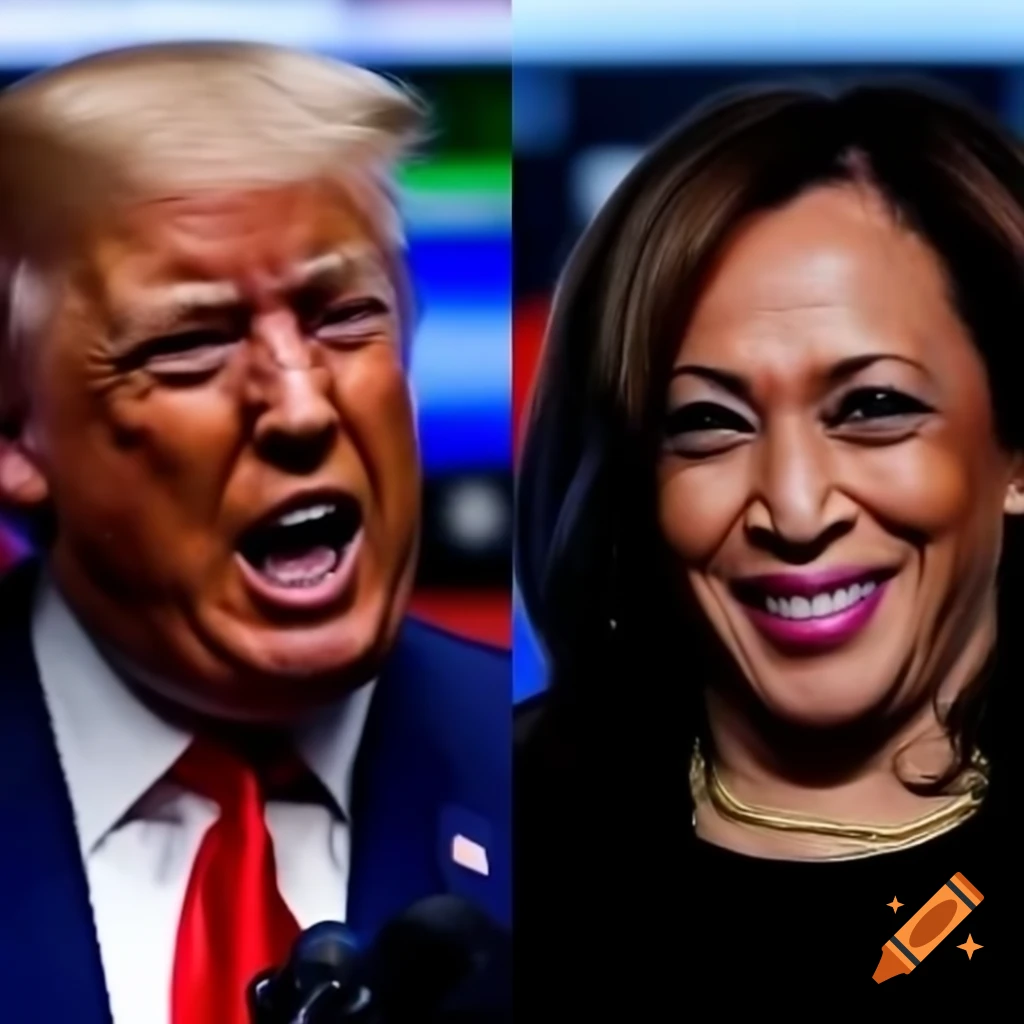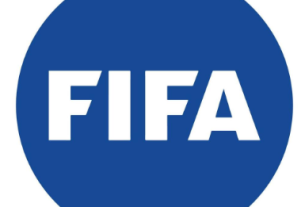The outcome of the 2024 presidential election, whether it results in a win for Kamala Harris or Donald Trump, would have significant implications for students in various areas, including education policy, student debt, and social issues. Here’s a breakdown of what each scenario could mean for students:
Kamala Harris Win
- Education Funding:
- Increased Investment: Harris is likely to advocate for increased funding for public education, including K-12 schools and higher education institutions.
- Equity Initiatives: Focus on closing the achievement gap and ensuring equitable resources for underserved communities.
- Student Debt Relief:
- Loan Forgiveness: Harris has supported measures for student loan forgiveness, potentially implementing policies to relieve a significant portion of student debt.
- Income-Driven Repayment Plans: Expanded access to income-driven repayment plans that make repayment more manageable for graduates.
- Access to Higher Education:
- Free Community College: Harris has proposed initiatives for free community college, making higher education more accessible.
- Support for Historically Black Colleges and Universities (HBCUs): Likely to continue efforts to increase funding and support for HBCUs.
- Social Issues and Inclusivity:
- Focus on Diversity and Inclusion: Policies aimed at promoting diversity in educational settings and addressing issues related to race and gender equity.
- Mental Health Resources: Increased emphasis on mental health resources and support services for students.
Donald Trump Win
- Education Reform:
- School Choice: Trump may prioritize school choice initiatives, promoting charter schools and voucher programs that allow families to use public funding for private education.
- Less Federal Oversight: Potential reduction in federal involvement in education, shifting more power to states and local districts.
- Student Debt:
- Limited Relief Measures: Unlikely to support broad student loan forgiveness; may focus on reforms aimed at reducing the cost of higher education rather than forgiving existing debt.
- Increased Accountability: Potential push for accountability measures for colleges and universities regarding student outcomes and financial aid.
- Access to Higher Education:
- Focus on Technical Training: Emphasis on vocational training and apprenticeships as alternatives to traditional college paths, aligning education with workforce needs.
- Reduced Federal Financial Aid: Possible changes to federal student aid programs, which could impact accessibility for some students.
- Social Issues:
- Conservative Educational Policies: Potential for policies that align with conservative values, which may include restrictions on discussions around race, gender, and sexuality in educational settings.
- Mental Health Resources: While mental health support may still be a focus, the approach and funding mechanisms could differ significantly.
Summary
In summary, a win for Kamala Harris would likely lead to more progressive education policies aimed at increasing funding, accessibility, and inclusivity, with a strong focus on student debt relief. In contrast, a win for Donald Trump could result in a more conservative approach, emphasizing school choice, reduced federal oversight, and an emphasis on vocational training, while potentially limiting broad student debt relief initiatives. Each outcome would shape the educational landscape and influence the experiences of students across the country.



